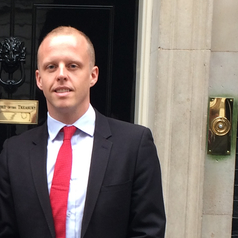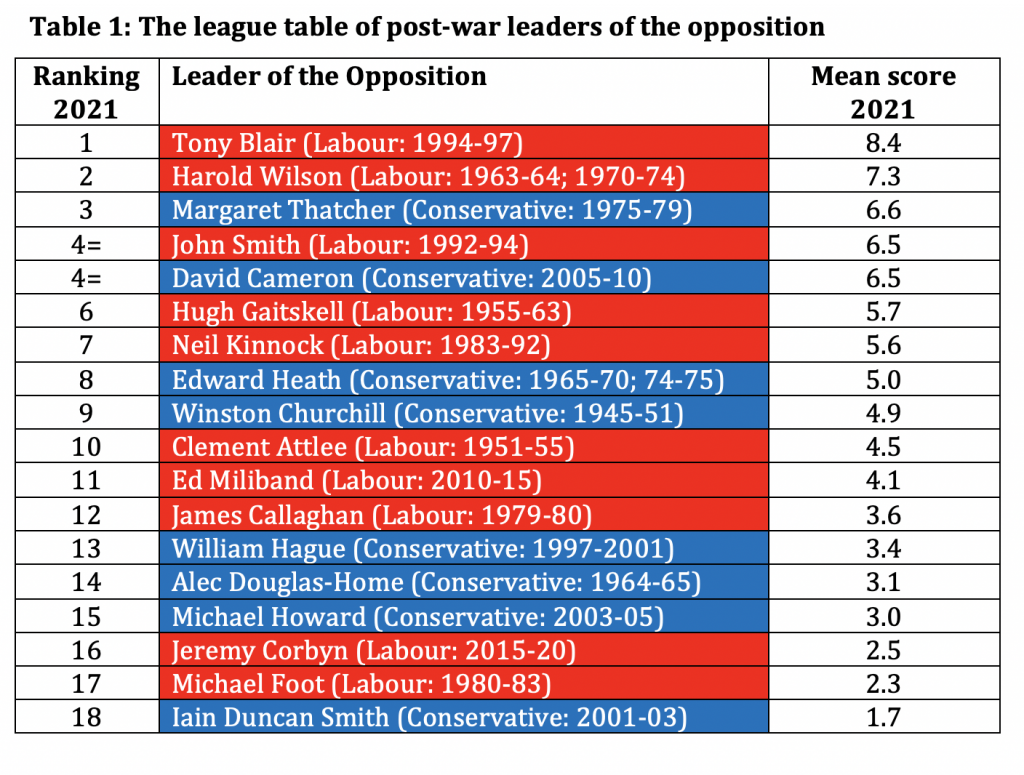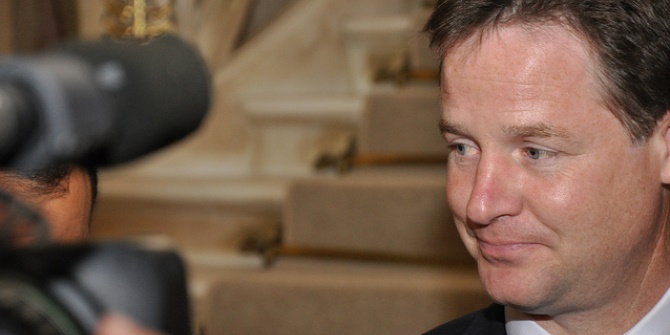
 Mark Gill and Kevin Theakston present the results of a survey of academics, asked to give their individual ratings of each UK leader of the opposition since 1945.
Mark Gill and Kevin Theakston present the results of a survey of academics, asked to give their individual ratings of each UK leader of the opposition since 1945.
Jeremy Corbyn, Labour Leader between 2015 and 2020, has been rated as one of the worst post-war Leaders of the Opposition, coming in 16th place out of 18. Academics specialising in British politics from across universities in the UK were asked to rate the performance of party leaders in their roles as Leaders of the Opposition. Corbyn received an average rating of 2.5 out of 10, where a score of 0 represented academics’ evaluation of his performance as ‘highly unsuccessful’ and a score of 10 as ‘highly successful’.
A total of 85 academics took part in the poll between 1 and 16 June 2021, in a survey organised by the University of Leeds and the independent research agency, Woodnewton. The academics were asked to give their individual ratings of each British Leader of the Opposition since 1945 (excluding any temporary post holders/caretakers).
Corbyn’s 2.5 rating means he narrowly beats Michael Foot who was Leader of the Opposition between 1980 and 1983, and who led the Labour Party to a landslide defeat at the 1983 General Election. However, it is the former Conservative leader, Iain Duncan-Smith, who has the dubious ‘honour’ of receiving the lowest score with 1.7 out of 10. Unlike Corbyn or Foot, Duncan-Smith was not given the opportunity by MPs in his own party to be judged by the electorate. Tony Blair (8.4 rating) and Harold Wilson (7.3) are rated highest, reflecting the fact that both were able to realise their ambitions to become prime minister. The highest rated Conservative opposition leader is Margaret Thatcher with a rating of 6.6, placing her in third place overall.
The academics were asked to provide their ratings of these leaders in terms of their performance as Leader of the Opposition and not, for those that made it, as prime minister. John Smith (6.5) is the highest rated leader who never became prime minister, though this was due to his early death rather than because of electoral defeat. Hugh Gaitskell, Labour leader between 1955 and his death in 1963, was similarly highly rated as an opposition leader who did not succeed in winning the keys to Number 10.
Winston Churchill and Clement Attlee are both mid-ranking, though in both cases their tenures at the opposition despatch box were after much more highly regarded periods in Number 10. (Attlee’s earlier period as opposition leader before the second world war was outside the period covered by the survey.)
The ultimate test for a Leader of the Opposition is to win a general election and move into government. Those in the bottom part of the ‘league table’ are mostly the ones who failed to get into Number 10 in the first place together with some who were kicked out as prime minister and then failed to get back in.
In addition, academics were asked to rate the performance of Keir Starmer so far as Leader of the Opposition. The survey was conducted in June this year so after Labour’s poor performance in May’s local and national elections, and the blow of losing the Hartlepool Westminster constituency to the Conservatives, but before retaining the Batley and Spen constituency on 1 July.
With his rating of 4.5 out of 10, Starmer is seen to be performing as well as Attlee did between 1951 and 1955, although Attlee failed to become prime minister again after he lost the 1951 general election. Starmer may be pleased that he’s regarded more positively than Ed Miliband (4.1), but he is trailing Kinnock’s rating of 5.6 – and it should be noted that neither Miliband nor Kinnock ever persuaded the British public to hand them the keys to Downing Street. It seems clear that Starmer is not yet seen as a prime-minister-in–waiting by the academics we polled, which ties in with contemporary public polling. He needs to improve on his current ‘must do better’ rating to make it to Number 10.
_______________________
 Mark Gill is Visiting Senior Research Fellow in the Department of Political Economy at King’s College, London.
Mark Gill is Visiting Senior Research Fellow in the Department of Political Economy at King’s College, London.
 Kevin Theakston is Professor of British Government at the University of Leeds.
Kevin Theakston is Professor of British Government at the University of Leeds.
Featured image credit: Visit Britain on Flickr under a CC BY-NC-ND 2.0 licence.







